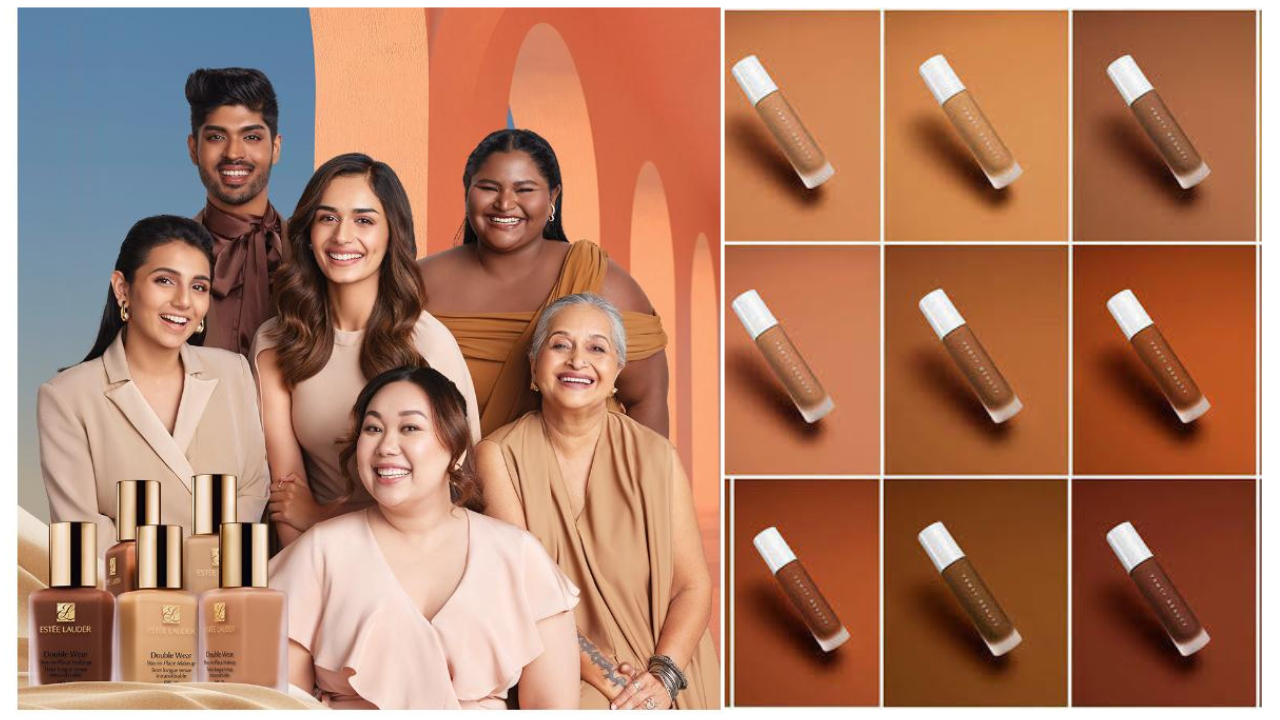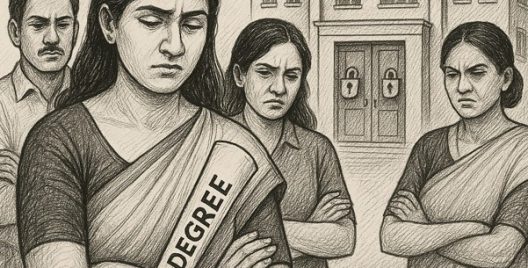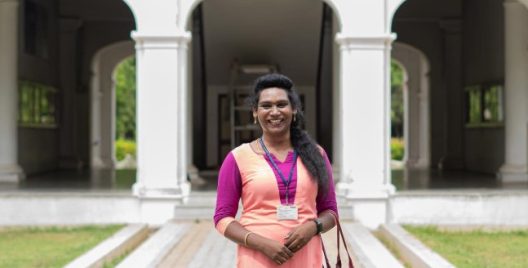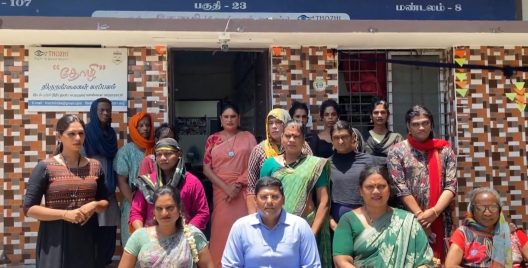For the longest time, beauty brands would do a ‘token’ brown colour for the Indian skin without realising that we are shades of brown and not all the same. It took the international brands a while to realise that the Indian complexion varies from one end of the spectrum to another. We range from peach-ish to wheatish, from dusky to dark, all in the Indian subcontinent. But this realisation was felt by a few brands and they gave us variety, multiple shades that we could mix and match and find the right tone.
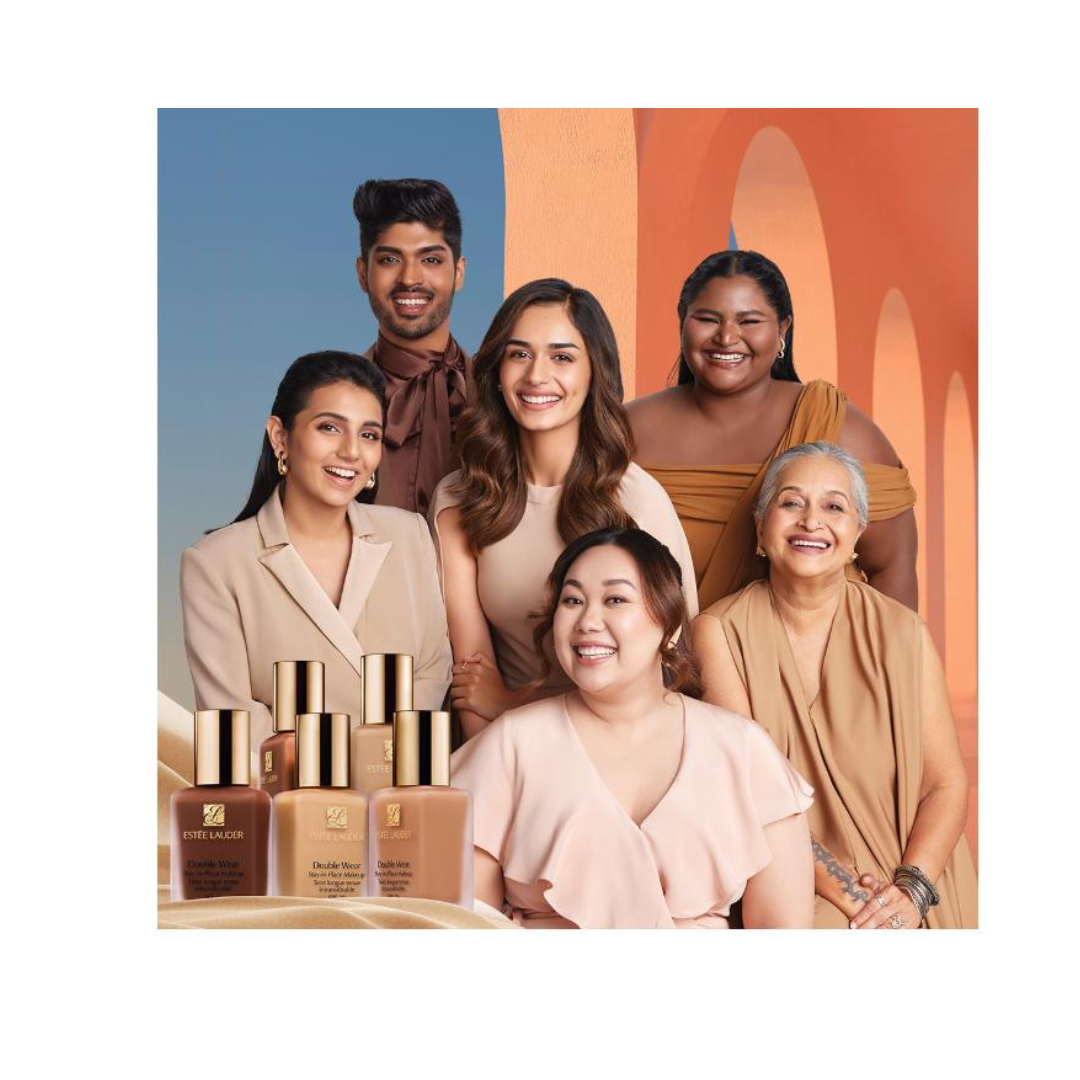
The latest campaign by Estée Lauder takes a step in the right direction and features diversity like it’s meant to. There is age, there is gender, there is complexion and then there are sub-levels to these. Fair skin that’s mature needs a different texture as compared to someone who’s younger. It’s a breath of fresh air to see the inclusivity and the range of these products. Skin types, age, sex and shade- all play important roles in determining the right foundation shade.
Titled ‘My Shade, My Story’ – the ad revolves around the stereotypes in the beauty industry. Men or women, old or young, fair or dark- makeup and beauty are for everybody. The beauty industry has come a long way in breaking these barriers and creating products across the table. We hope to see more companies take this route and embrace the diverse world that we live in, making it a better place with each passing day.
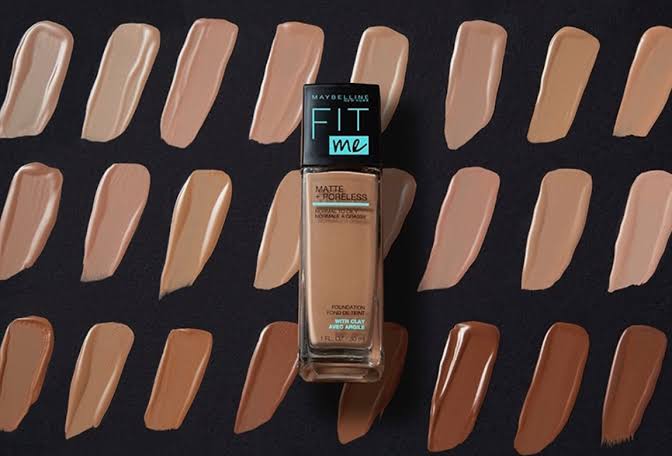
Many brands that have taken a similar route are Maybelline, a drugstore brand offering a fairly inclusive shade range. The luxury beauty brands might be offering a wider range but the price points become an issue for the general masses.
Similarly, Sugar Cosmetics, started by Vineeta Singh is an Indian brand that aced the diversity department. Made solely for the warm Indian skin tone, their foundations, compacts, lipsticks and other make-up products have been formulated keeping the Indian skin colour at the forefront.
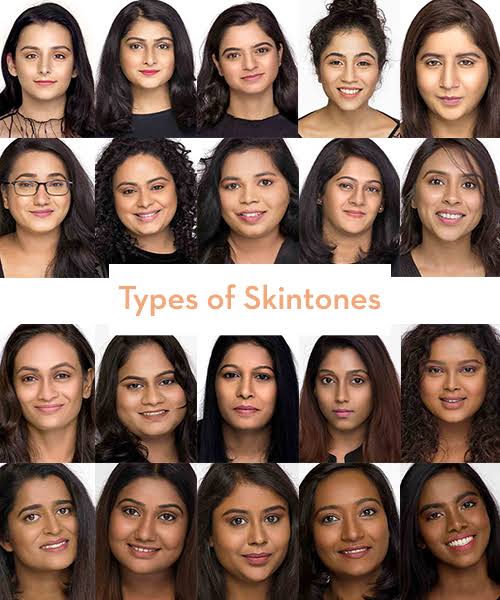
Fenty Beauty by Rihanna was launched with the aim of creating more shades for African Americans. A revolution in itself, Fenty is a case study that most beauty brands should learn from.
Talking about Domestic brands, a certain fairness company rebranded and repacked their product to distance themselves from the ‘fair’ debate. They now promote fresh, glowing skin instead of ‘fair and lovely’.
Inclusivity is the need of the hour, we need to diversify and accept everybody irrespective of shape, size, colour, age and gender.




